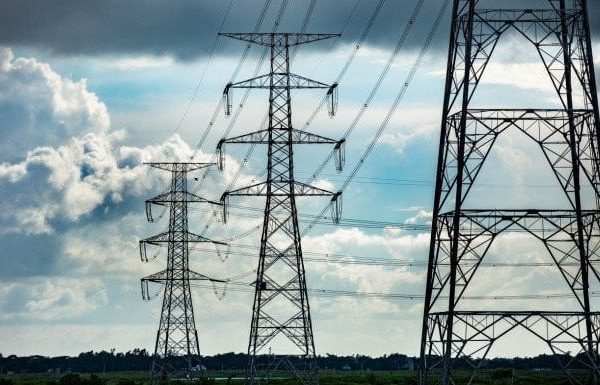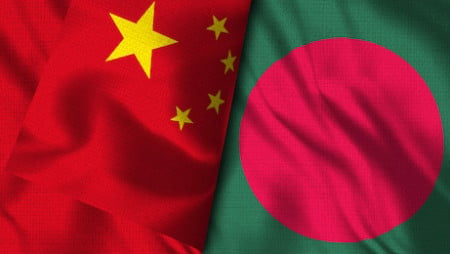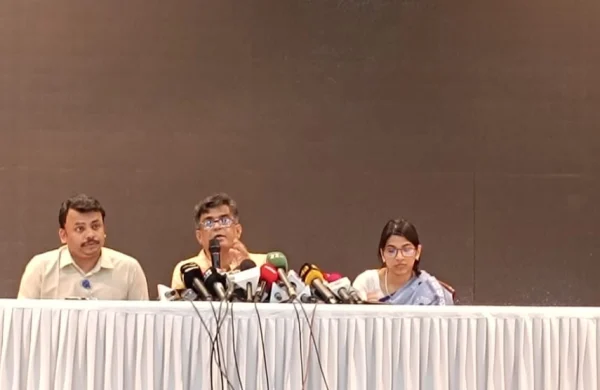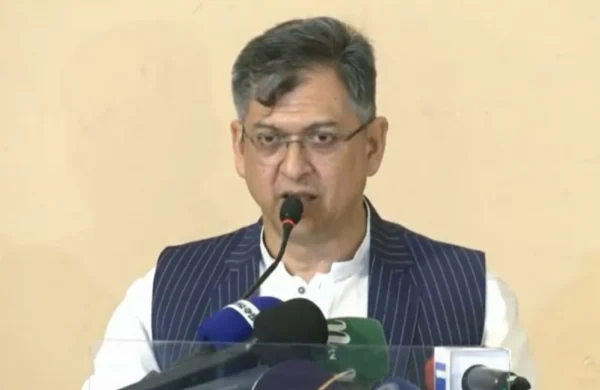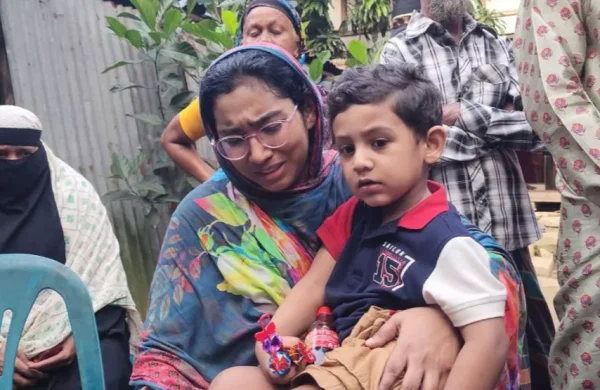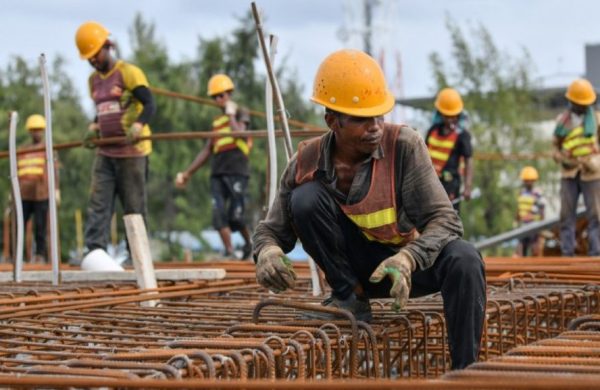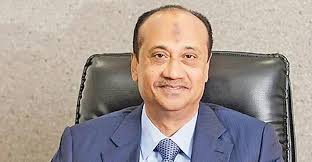Entrepreneurs seek to wind up businesses
- Update Time : Monday, January 13, 2025
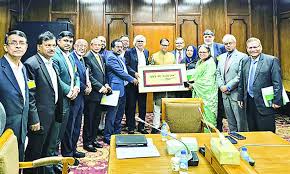
TDS Desk:
Business leaders in Bangladesh are currently under pressure due to increased operating costs. High inflation and reduced purchasing power have led to decreased sales of goods and services, deterring new investments. Facing these challenges, entrepreneurs are requesting government policies to facilitate the closure of ailing businesses.
Even after 53 years of independence, the country has not become investment-friendly. Investors are required to obtain 141 approvals from 29 different agencies. Despite navigating these complexities, service charges and taxes imposed by the government continue to rise. Over the past three years, gas prices have surged by approximately 250% to 450%, with further increases anticipated.
Businesses are grappling with high interest rates, complexities in opening letters of credit, increased wages and bonuses, elevated production costs, and the rising value of the dollar, all contributing to their current difficulties.
On Sunday, a 13-member delegation led by the Bangladesh Chamber of Industries (BCI) met with Bangladesh Bank Governor Dr. Ahsan H. Mansur. During the meeting, they expressed reluctance to invest further and indicated a desire to wind up certain businesses to avoid future losses.
Since 2021, foreign investment in the country has declined. Data from the Bangladesh Investment Development Authority (BIDA) shows a decrease in registered investment proposals from 1,083 projects worth $13.345 billion in 2021 to 742 projects worth $11.63 billion in the current year. Political instability and government transitions have further exacerbated this downturn.
In line with decreasing reserves, net foreign investment has also fallen by 8.8% in the 2023-24 fiscal year. According to Bangladesh Bank, net foreign investment stood at $1.47 billion at the end of the 2023-24 fiscal year, down from $1.61 billion in the previous year, marking a reduction of $142 million.
Five months after the fall of the authoritarian Awami League government, a normal business environment has yet to return. Deteriorating law and order, along with political instability stemming from issues like reforms and elections, have created various risks. Consequently, entrepreneurs are losing interest in new investments and are considering winding up operations amid the economic downturn.
Following the meeting with the Governor, BCI President Anwar-ul Alam Chowdhury (Parvez) stated that due to high inflation, all companies have experienced reduced sales. Factors such as high loan interest rates, increased electricity and gas prices, and other challenges have prevented companies from operating at full capacity, leading to a 30-40% decline in production. Difficulties in opening letters of credit and a 7.66% growth in private sector loans further compound the situation. Additionally, the implementation of increased taxes and VAT on various products, as per IMF recommendations, has made it challenging for industrial enterprises to survive. He emphasized the need to sustain existing industries to avoid foreign exchange problems.
The BCI President noted the absence of an exit policy for businesses in the country, unlike in other nations. He mentioned that the Bangladesh Bank Governor acknowledged this need, and a committee has been formed to develop such a policy, with expectations for its prompt implementation.
Anwar-ul Alam Chowdhury highlighted that export-oriented industries face delays of 9 to 12 months in receiving cash incentives, hindering their ability to meet operational costs and pay employees on time. He suggested reducing this timeframe to two to three months.
He proposed restoring the single borrower exposure limit to 35% from the current 25% and extending the loan default period to December 2025. Additionally, he recommended allowing a six-month period before classifying a borrower as a defaulter, instead of the current three months.
The BCI President requested that large, struggling industrial sectors be allowed to repay bank liabilities over 12 years, with a one-year moratorium and a 2% down payment. For small and medium enterprises, he sought a 15-year repayment period with similar terms.
When questioned about debt repayment following an exit, Anwar-ul Alam explained that entrepreneurs often own multiple businesses, not all of which may be failing. Profits from successful ventures could be used to settle debts of the closed entities.
Mohammad Shahriar, President of the Bangladesh Garments Accessories and Packaging Manufacturers and Exporters Association (BGAPMEA), expressed concerns over proposed gas price hikes to 75 taka, which could undermine competitiveness. He also highlighted issues such as the removal of incentives for backward linkage industries and the lack of uninterrupted electricity supply, all of which deter new investments.
The International Monetary Fund’s (IMF) $4.7 billion loan package stipulates new loan classification rules, set to be implemented by Bangladesh Bank in April. Under these rules, loans overdue by three months will be classified as defaulted, a reduction from the current six-month period, potentially leading to the closure of many businesses.


